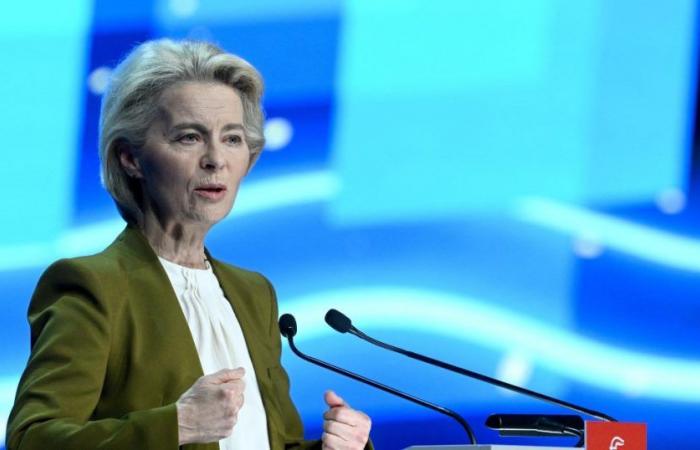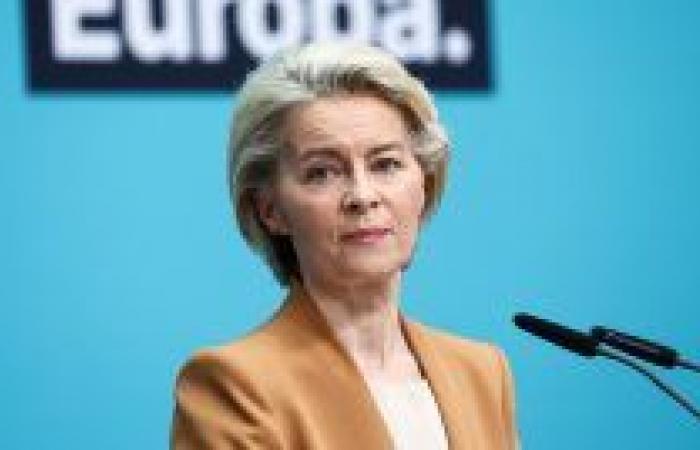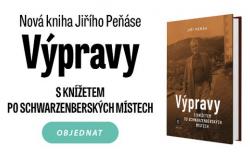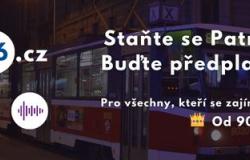Thanks to the bitter experience of the countries of Central and Eastern Europe with the Soviet Union, the European Union has learned a lot about the behavior patterns of the Kremlin and Russian President Vladimir Putin, and has become more vigilant. In an interview on the 20th anniversary of the biggest enlargement of the European Union to date, the President of the European Commission, Ursula von der Leyen, stated this on Friday.
Brussels
6:36 p.m April 26, 2024
Share on Facebook
Share on LinkedIn
Print
Copy the url address
Abbreviated address
Copy to clipboard
Close
Head of the European Commission Ursula von der Leyen | Photo: Annegret Hilse | Source: Reuters
According to her, the European Union is not perfect, nor can it be, because it is an association of 27 member states and 450 million inhabitants, the head of the EU executive reminded. However, he perceives the advantages that EU membership brings as enormous.
Neighborly cooperation between the Czech Republic and Austria: a matter facilitated by European money
Read the article
“For me, the European Union is more than just an association of countries, it is our common home,” emphasized von der Leyen in an interview with a group of journalists from the states that joined the EU 20 years ago. In 2004, the union expanded to include the Czech Republic, Poland, Hungary, Slovakia, Slovenia, Lithuania, Latvia, Estonia, Cyprus and Malta.
Enlargement, however, also changed the position of the European Union itself. It has gained much more weight and importance, according to the head of the commission. “Of course we are much stronger when there are 27 of us than when there are 15 of us,” she reminded.
Due to the events in some of the new member states, for example when it comes to problems with compliance with the rule of law in Hungary or media freedom in Slovakia, it is sometimes claimed that these countries were not yet mature and ready to join the European Union. But Ursula von der Leyen did not want to agree with that.
“There are clear rules that must be met by the accession countries, such as, for example, the observance of the rule of law or the existence of an independent judiciary,” she said, adding that the countries in question had met it. However, according to her, it is necessary to constantly work on strengthening democracy. “It is necessary to be very vigilant, to keep democracy alive, it is up to us, the citizens, to strengthen it again and again,” she emphasized.
20 years ago, the EU and its institutions and new member states gradually began to get used to each other, said the head of the EU executive. “There was a lot of learning to do, on both sides,” von der Leyen said.
Ability to travel freely
“I remember how we were excited about the new member states 20 years ago, but on the other hand there were certain concerns,” she added, referring to her native Germany, where at the time, according to her, people were afraid that a large number of Poles would come to the country, who are they will lose jobs.
But nothing like that happened. “As the living standards of European Union residents increased, people stayed in Poland. For example, they studied elsewhere, but returned home,” she added.
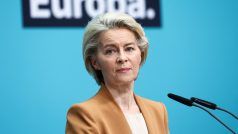
Confirmed. Von der Leyen will run for a second term as head of the European Commission
Read the article
However, the head of the Commission also recalled that in her two decades, 2.7 million students from ten new member states have taken advantage of the opportunity to study in another European country within the framework of the Erasmus program. According to von der Leyen, the possibility to travel, work and study freely throughout the Union is now one of the key benefits of joining the EU for citizens of individual countries.
The expansion of the union by ten countries also had a huge economic benefit. The EU market has become one of the largest internal markets in the world, and compared to 2004, trade in the European Union has grown by 40 percent, the head of the EU executive mentioned. “In the ten new member states, six million new jobs were also created in 20 years and unemployment was reduced by half,” listed von der Leyen.
According to her, there are two other topics that are not talked about much in relation to the benefits of enlargement. One is the newly established interconnection of Europe, from north to south and from east to west, be it highways, gas pipelines, railways, but also the interconnection of data networks.
Another is the existing and now self-evident mutual support and assistance in case of emergency. “Every time I visit a region that has unfortunately been affected by a natural disaster, for example the floods in Slovenia, or the fires in Greece and Cyprus, it is touching to see the solidarity of other countries that help those affected,” said von der Leyen.
According to her, the integration process on both sides was amazing. “Yes, the Member States had to learn a lot about EU procedures, but the Commission also learned a lot about different approaches, cultures and perspectives. It enriched each other,” added the President of the European Commission.
CTK
Share on Facebook
Share on LinkedIn
Print
Copy the url address
Abbreviated address
Copy to clipboard
Close
Tags: European Commission Czech Republic taught lot Putin iRADIO
-
